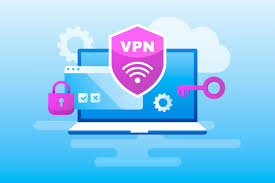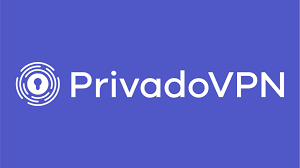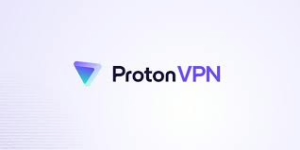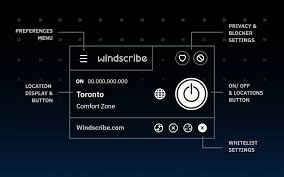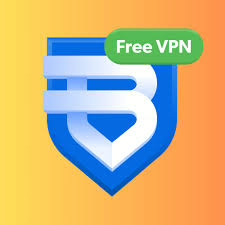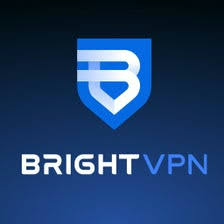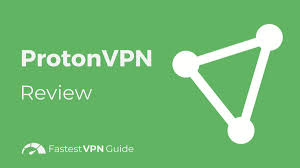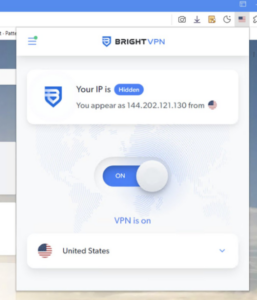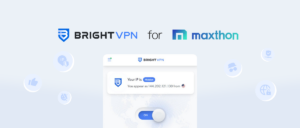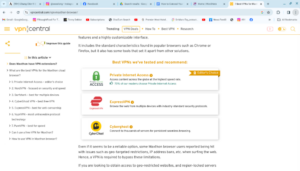Bright VPN: A Comprehensive Analysis
Introduction to Bright VPN
Bright VPN is a virtual private network service that entered the increasingly competitive VPN market in recent years. Like other VPNs, it promises to encrypt users’ internet connections, mask their IP addresses, and provide a layer of privacy and security when browsing online. However, Bright VPN has some specific characteristics and limitations that potential users should understand before choosing it as their privacy solution.
Core Features and Offerings
Bright VPN provides the standard suite of VPN functionalities that most users expect:
![]()
- Connection encryption: Uses tunnelling protocols to encrypt data between your device and the internet
- IP masking: Hides your actual IP address behind one provided by their servers
- No-logs policy: Claims not to keep records of user browsing activities
- Multiple device support: Allows connections on various platforms, including Windows, macOS, iOS, and Android
- Server network: Offers servers in multiple countries, though with less extensive coverage than premium providers
Performance Considerations
When evaluating Bright VPN’s performance, several factors stand out:
Speed: Like many free and budget VPNs, Bright VPN typically shows a noticeable speed reduction compared to your regular connection. This is particularly evident when connecting to distant servers. Users might experience slower page loading, buffering during streaming, and increased latency for online gaming.
Server reliability: The service sometimes struggles with server overcrowding, especially during peak usage hours. This can result in occasional connection drops or difficulty establishing connections to preferred locations.
Streaming capabilities: Bright VPN has had limited success unblocking streaming services like Netflix, Disney+, and BBC iPlayer. Major streaming platforms have become increasingly sophisticated at detecting and blocking VPN connections, and Bright VPN lacks the resources of premium providers to continually update its circumvention methods.
Privacy and Security Analysis
The privacy and security aspects of Bright VPN deserve particular scrutiny:
![]()
Encryption standards: Bright VPN uses industry-standard encryption protocols, though they’re not always transparent about specific implementation details. This lack of transparency raises some concerns among privacy experts.
Jurisdiction: Understanding the country where a VPN is based matters because of different data retention laws. Bright VPN’s jurisdiction isn’t always clearly communicated, which creates uncertainty about what legal pressures they might face to share user data.
Independent audits: Unlike leading VPN providers such as Proton VPN or NordVPN, Bright VPN has not undergone comprehensive independent security audits to verify its privacy claims. This lack of third-party verification is a significant drawback for privacy-conscious users.
Data practices: The service’s privacy policy contains some concerning clauses that suggest certain types of data collection might occur. The policy language lacks the specificity and commitments found in top-tier VPN services.
Business Model Concerns
Bright VPN’s business model raises important questions that potential users should consider:
Free VPNs must generate revenue somehow, and when the product is free, users should question whether they themselves might be the product. Bright VPN appears to use a combination of:
- Advertisements within the application
- Potential data collection for marketing purposes
- Upselling to premium tiers
This model differs significantly from subscription-based premium VPNs that have a clear revenue stream from paying customers.
![]()
Comparison to Industry Leaders
When compared to established VPN providers, Bright VPN shows several key differences:
Server network: Much smaller than networks offered by NordVPN (5,500+ servers), ExpressVPN (3,000+ servers), or Surfshark (3,200+ servers)
Features: Lacks advanced features like split tunnelling, multi-hop connections, or specialized servers for streaming or torrenting
Transparency: Provides less detailed information about security practices, server ownership, and company operations than industry leaders
Support: Offers more limited customer support options with slower response times than premium alternatives
![Maxthon browser's free integrated VPN service bright VPN]()
Use Cases: When Might Bright VPN Be Appropriate?
Despite its limitations, Bright VPN could be suitable in specific scenarios:
- Essential browsing privacy: For users who simply want to prevent their ISP from seeing their browsing activities
- Occasional public Wi-Fi use: Provides some protection when connecting to unsecured networks in cafes or airports
- Accessing essential geo-restricted content: May work for less restrictive websites that don’t aggressively block VPNs
- Budget-conscious users: Those unwilling or unable to pay for premium VPN services
![Maxthon Browser Launches New Version With Free VPN Service]()
Significant Limitations and Concerns
Potential users should be aware of several important drawbacks:
Reliability issues: Users frequently report inconsistent connection quality and unexpected disconnections
Limited support for streaming: Struggles to reliably unblock major streaming platforms
Questionable privacy practices: Lack of transparency and independent verification raises concerns about actual privacy protection
Limited protocol options: Offers fewer connection protocol choices than premium services
Potential data sharing: The privacy policy contains some concerning language about data collection and sharing.
![VPN Central best VPN]()
Conclusion and Recommendations
Bright VPN is a basic VPN service that provides limited functionality without the robust privacy guarantees of premium providers. It might serve as an entry-level option for users with minimal privacy needs and low expectations for performance.
However, established premium providers like NordVPN, ExpressVPN, Proton VPN, or Surfshark would better serve users with serious privacy concerns, those needing reliable streaming access, or individuals who require consistent performance.
For those specifically seeking a free VPN option, PrivadoVPN Free, Proton VPN Free, or Windscribe Free—all of which have been more thoroughly tested and documented—would likely provide a more reliable experience with more precise privacy practices than Bright VPN.
The fundamental reality of VPN services remains: truly robust privacy protection and consistent performance typically require a financial investment in a reputable service with a clear business model and demonstrated commitment to user privacy.
